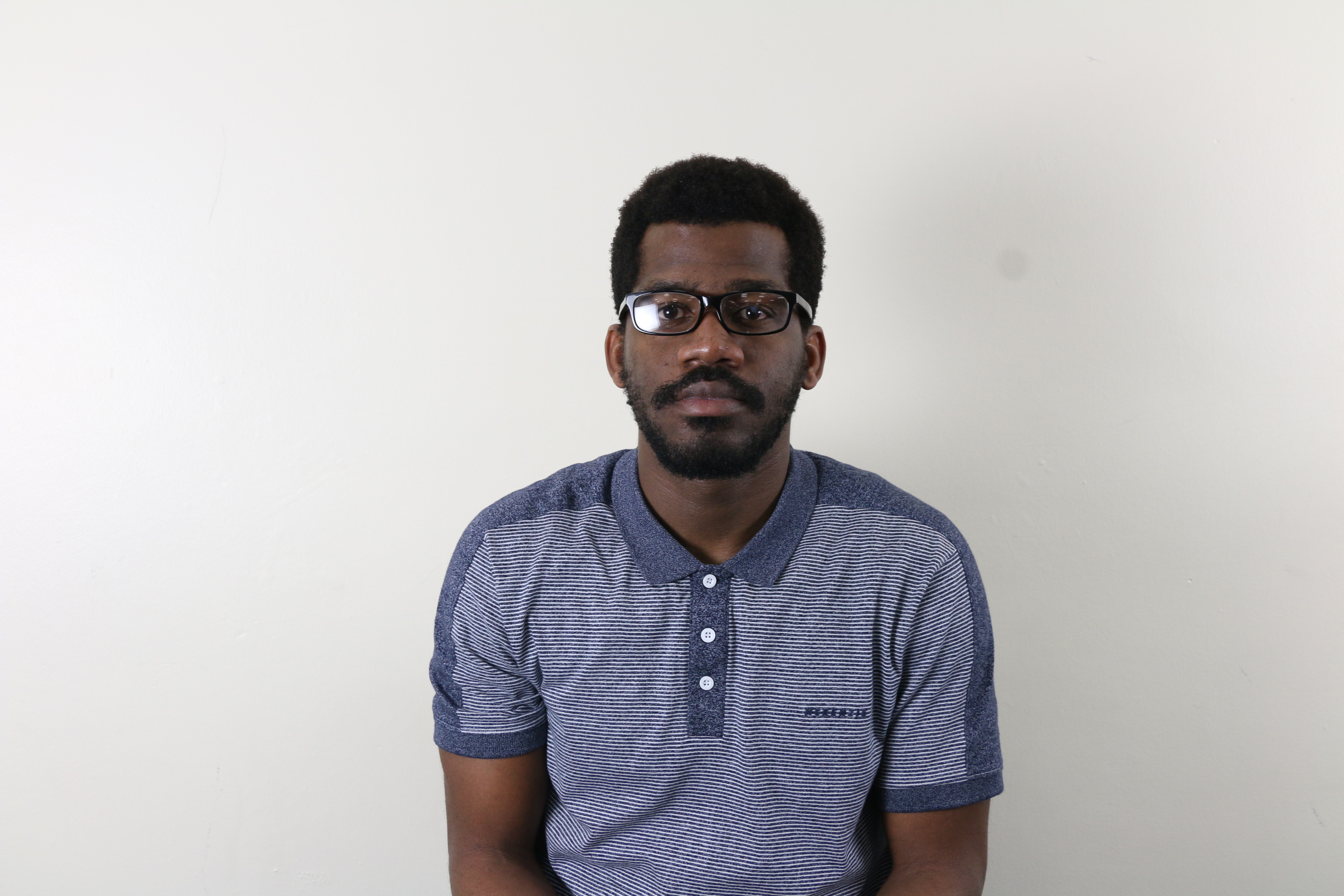In this blog post Laurence, a Stage 4 Civil Engineering student, tells us all about his involvement in the Raleigh International expedition to Tanzania…

The Global Engineering module presented a fantastic opportunity to undertake an international design and build challenge within rural Tanzania, applying engineering skills and knowledge developed in university. A vital aspect of this challenge involved improving the country’s access to basic amenities such as water and sanitation facilities, an issue which is particularly deficient in the Dodoma region where almost 50% of the population have no access to safe drinking water supply, and 90% having none to improved sanitation. In tackling this challenge, an essential feature of this international experience required my team, the engineers, to communicate and engage with the local community to understand their most significant needs while considering the impact our work would have on all age generations throughout the village.
In the initial stages of the expedition, myself and five other university colleagues travelled to Tanzania and arrived in Dar Es Salaam airport at approximately 10:00 AM, where it was extremely sunny with temperatures rising as high as 40°C. We spent the first week of the expedition at Raleigh’s field base in Morogoro, a five-hour trip away from the capital of Tanzania, Dar Es Salaam, and this week presented some valuable guidance on how the team would embark on the upcoming tasks. It involved meeting many of the other volunteers, understanding the culture of Tanzania and more importantly understanding our responsibilities for our design and build challenge – this was important as it made me realise how a fundamental aspect of this project required us to learn the in-country aspects to then consider before partaking in the design.
Throughout the design and build challenge, my team (Alpha 3) consisted of six students (including myself) from Newcastle University, along with eight other volunteers, who either came from different countries or were Tanzanian volunteers. Personally, I found this very important as travelling to Tanzania required my team to have a basic knowledge of the language; although I found this initially difficult, having in-country volunteers allowed me to improve my communication as it was easier to learn from them too.
The design and build challenge

My team’s design and build challenge was located in Mvungurumo, a remote village within the north-eastern region of Dodoma. The project involved the construction of a set of toilet blocks and the installation of a water tank facility. The new set of toilet blocks were designed to replace the existing toilet blocks, which was over capacitated by 400 students (including both boys and girls), and the several teachers. While the existing toilets occupied six latrines, the main problem concerned the lack of adequate sanitation and hygiene due to the absence of water supply. This clearly highlighted the importance of the task at hand – to improve hygiene and sanitation in the school through Water, Sanitation and Hygiene (WASH) lessons, and the provision of reliable water supply.
Life on the expedition involved eight hour working days with early 08:00 AM starts, where the temperature would severely increase at each hour. The project required numerous amounts of manual labour, where digging, concreting, brick-laying and steel bar cuttings formed a focal point of the tasks in constructing the toilets. The design for the new set of toilet blocks consisted of three designs for the boys, girls, and a separate teacher block for the school. The girls’ toilets had a particular design focus, where a menstrual hygiene management room was added to aid the menstrual hygiene for female students – this was important given that many girls in the village had started to drop out of school due to the lacking privacy and absence of adequate facilities.
Our team’s project was a continued development from the previous group’s work, and it was seen that much of the work was behind schedule due to limited material supplies. With only 18 days to finish all essential tasks, careful planning, team management and communication were at the forefront for the delivery of a successful project.
After the 18-day period had completed, we had managed to achieve our own objectives, along with extra-curricular tasks which added value to the overall project. These included the construction completion of the male and female students’ toilets, the erection of the teacher’s toilets, installation of the water tank, and the provision of WASH lessons, where many students’ in the school had learnt of the importance to maintain good hygiene levels.
Life in the remote village of Mvungurumo

The Tanzania expedition offered a unique opportunity for myself and my team to see the social aspects of sustainability in this country and through all tasks in the design and build challenge. While the majority of university modules in my course (Civil & Structural Engineering) have addressed the importance of sustainability, I was highly overwhelmed by the difference that engineers can make in the developing world. As well as the provision of appropriate infrastructure in Mvungurumo, another priority of this expedition was to ultimately raise awareness for the importance of good health and hygiene practices to enhance the impact of the new facilities provided. Much of this was achieved through WASH lessons with many of the school students, community meetings with villagers of different ages.
When initially arriving in the village, I was nervous with how the community may welcome our group as we were among the first foreigners in Mvungurumo (along with the previous group who visited). However, it was overwhelming to see how welcoming the community were; many of us were invited to church services, to play football, and allowing us to engage with many of the children – a fantastic way to finish the day off after working! All of our group and the community formed a solid bond which enormously motivated us to complete the task at hand. Effectively, we managed to finish our objectives before our set period, given the small time that may have been given to us for the project.
The particular highlight of my trip was on the 15th day of our time in Mvungurumo Village, where a ceremony took place on ‘Action Day’. This day presented an extraordinary occasion for my team to fulfil our bond with the community. This was achieved through numerous activities, games, dancing and speeches to commemorate the efforts that us, Raleigh International and many of the villagers as a whole made to enhance the way of life for much of the community. This day also allowed every person to appreciate one another for their efforts in this project. As an engineer, this ceremony really made me aware of how much difference the design and build challenge can have on a community, where much of the village residents were able to express what they had learned in community meetings and in school lessons. However, I felt that these meetings, coupled with the abundant combination of ideas shared between the multitude of engineers and volunteers effectively made this project successful, and thus this made the Action Day ceremony more special for myself as an engineer.
Advice for future students embarking on the design and build challenge
The Global Engineering module was a truly fantastic experience for myself as a prospecting engineer, and I am so glad I participated in a project that made a far-reaching difference. This expedition offered a once in a lifetime experience, providing the chance to adapt, learn and work in a completely different culture while living without modern technology in the 18 days I was in my village. For anyone seeking, considering or weighing up the option to participate in this challenge, I cannot recommend this opportunity enough and hope to offer useful advice on some aspects of the project.
Fundraising for the expedition was challenging as this occurred during the degree modules and required continuous commitment. I would highly recommend making the earliest start while using any term-breaks as opportunities to plan and partake any fundraising activities. It would also be much useful doing this with a group of people, not only because of the possibility of reaching the fundraising target sooner but also because it provides the opportunity to bond with potential team members – although this may be time-consuming! On the other hand, setting personal targets for fundraising can sometimes help motivate you to complete this task sooner.
An essential aspect of this expedition allowed volunteers to take ownership of the project, where effective decisions could be made. While it was surprising to see Raleigh staff members take a backseat, the control of the project allowed me to see how much I could develop a good understanding of the challenge, while considering the needs of the community and the scale of works to be completed in a short period. I would strongly advise breaking down each task and communicating with every person involved in the project to solve construction problems before site work while acknowledging the health and safety of all colleagues and the outer community.
On top of the design and build challenge, there are opportunities to go on a week’s trek and potentially a safari across the country with Raleigh. This presents another chance to make more friends, create stronger bonds and develop any prior weaknesses!
Personally, the Tanzania expedition was a life-changing experience which enabled me to improve as an engineer in tackling real-world engineering problems through a social aspect and was amongst the highlight of my life. For this reason, I cannot recommend this module enough for any future students looking to see where this experience takes them!
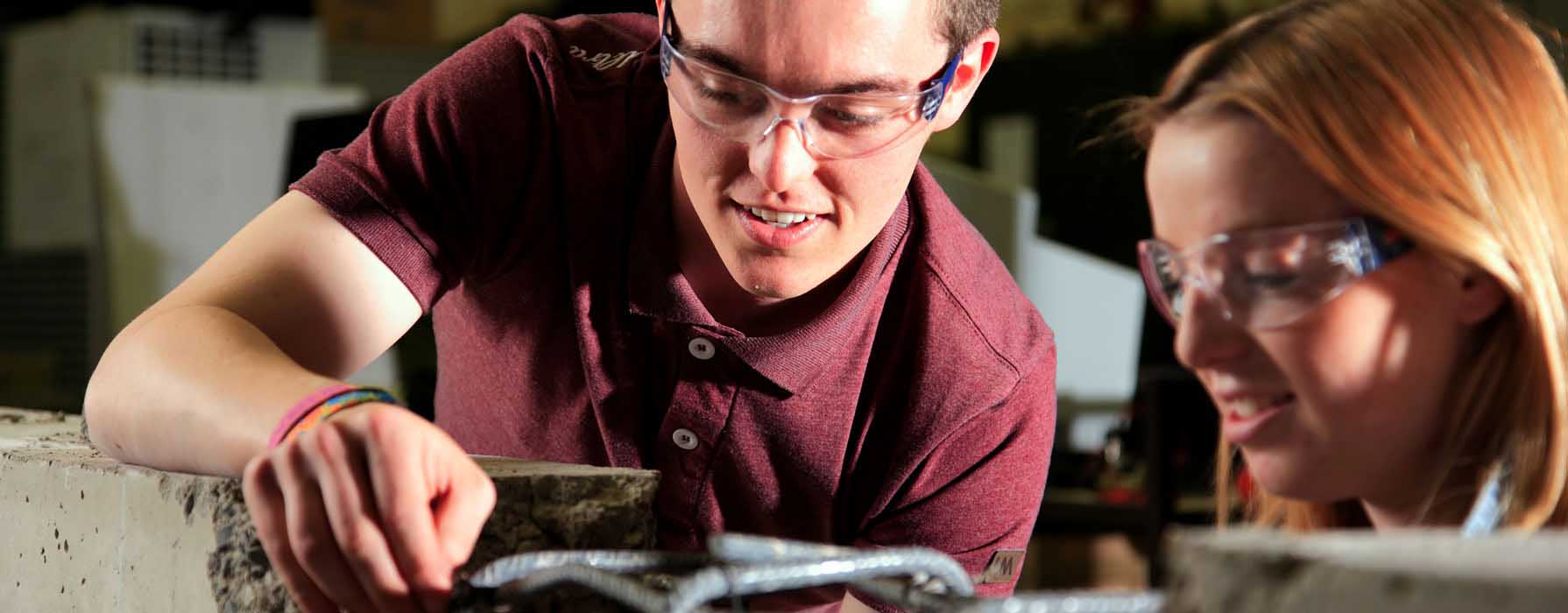
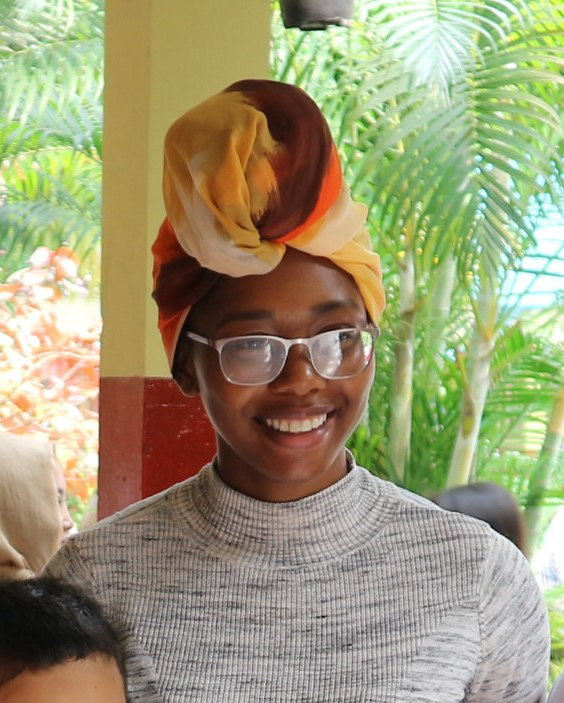
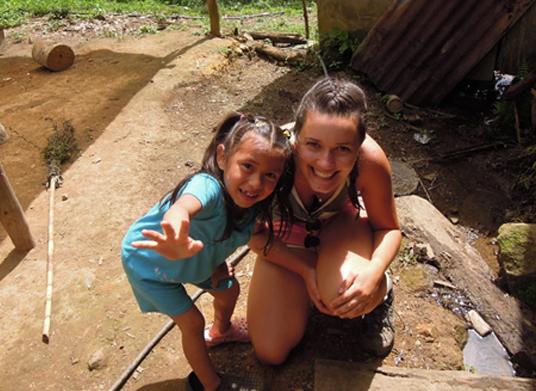



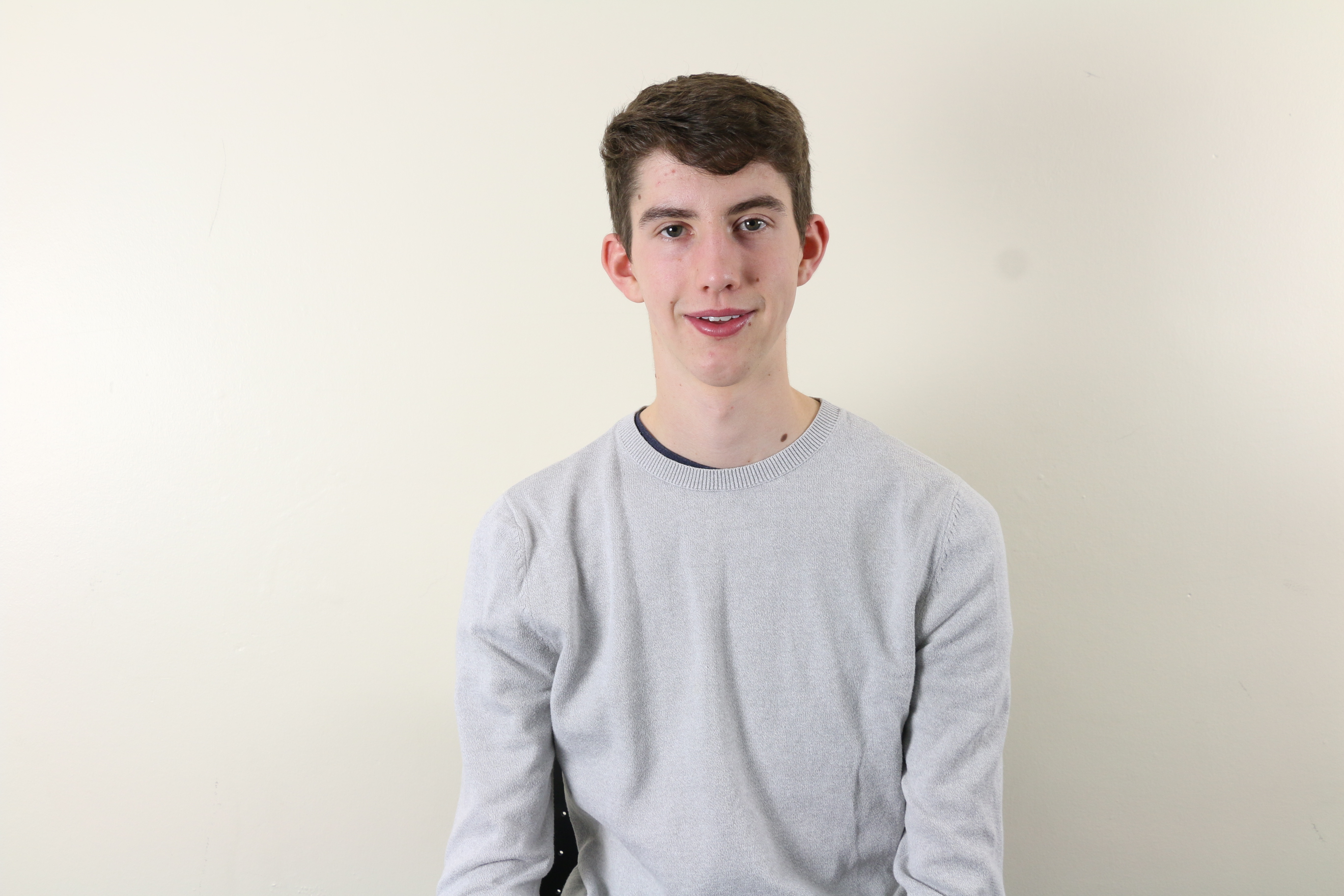
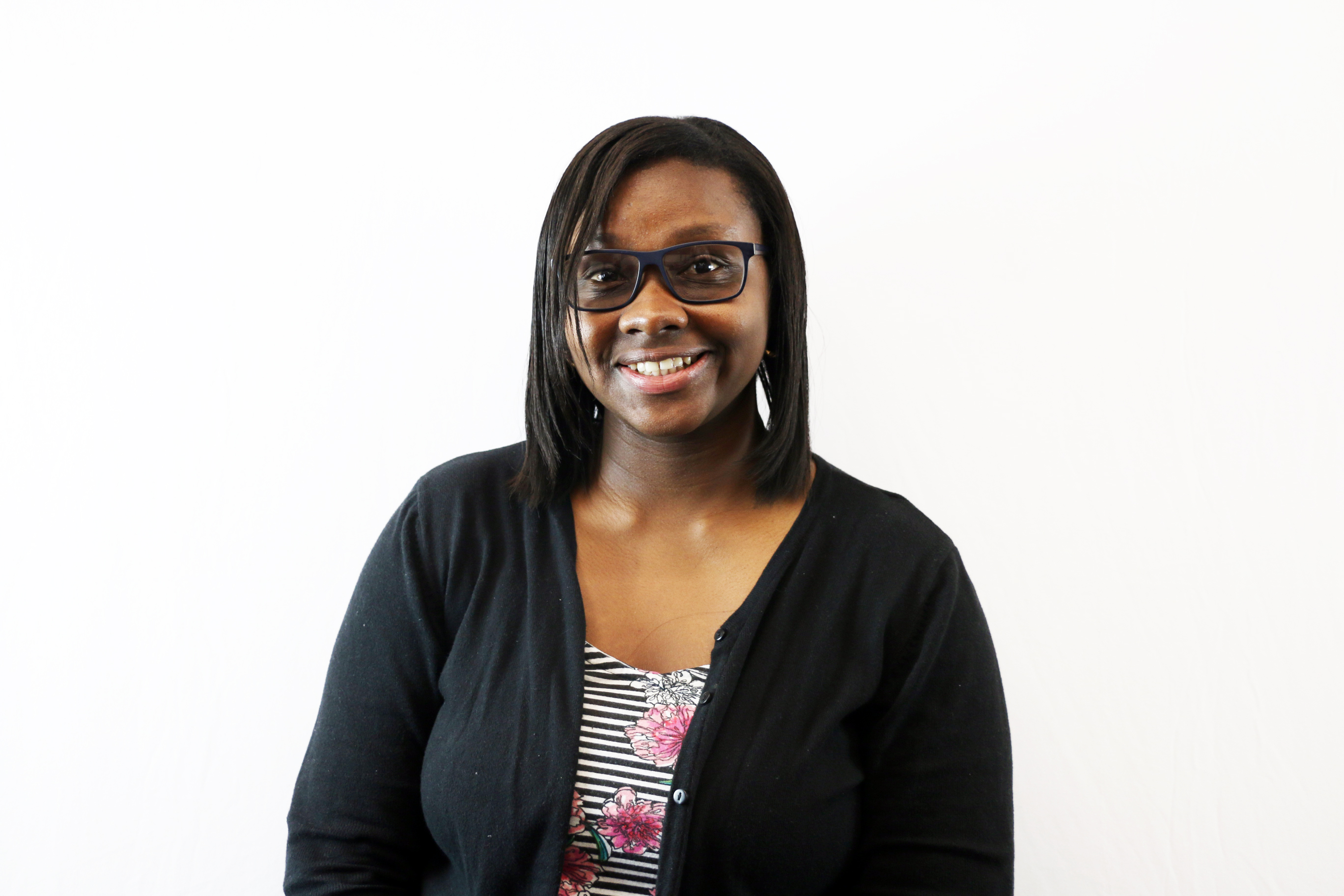
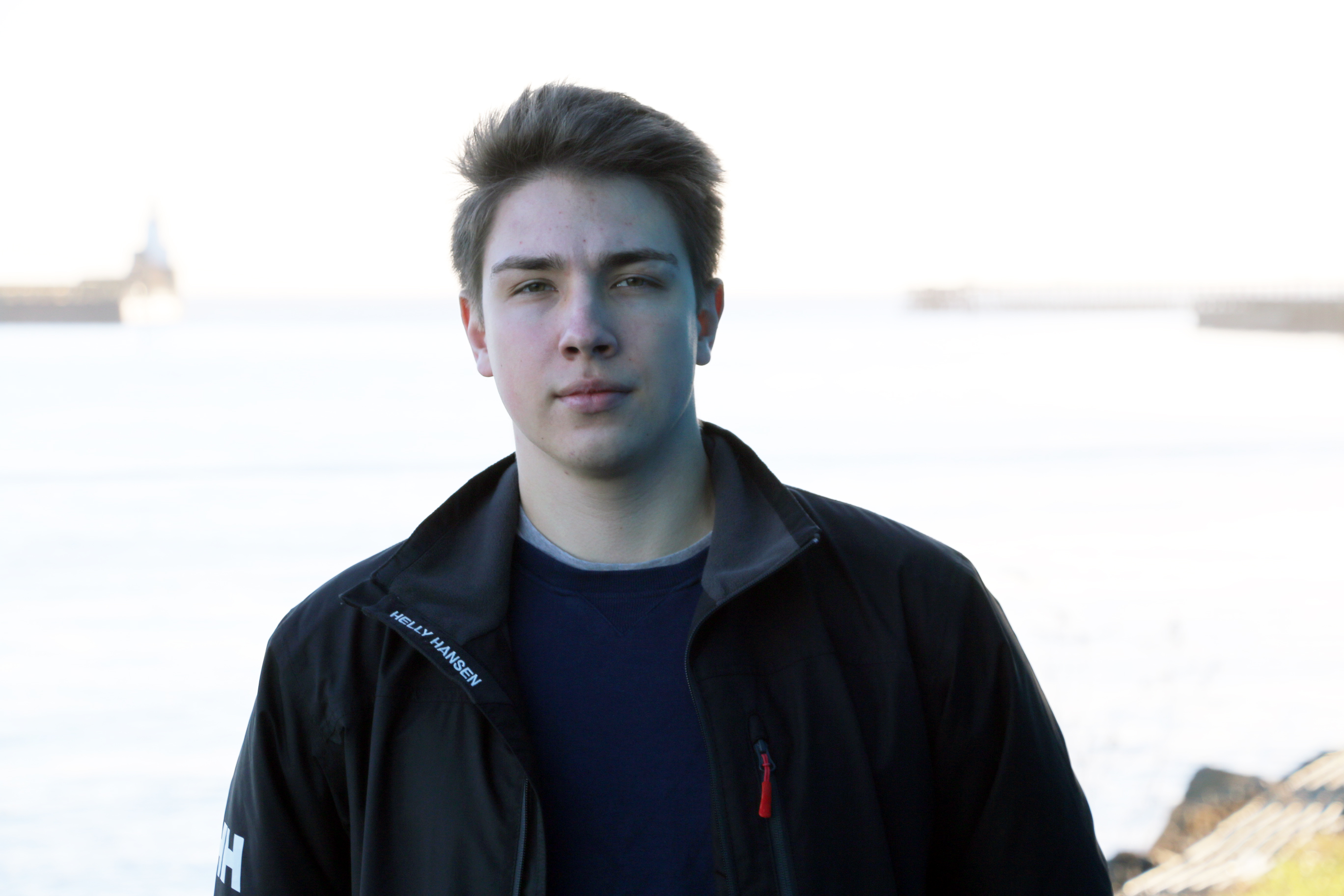 Hey guys,
Hey guys,
